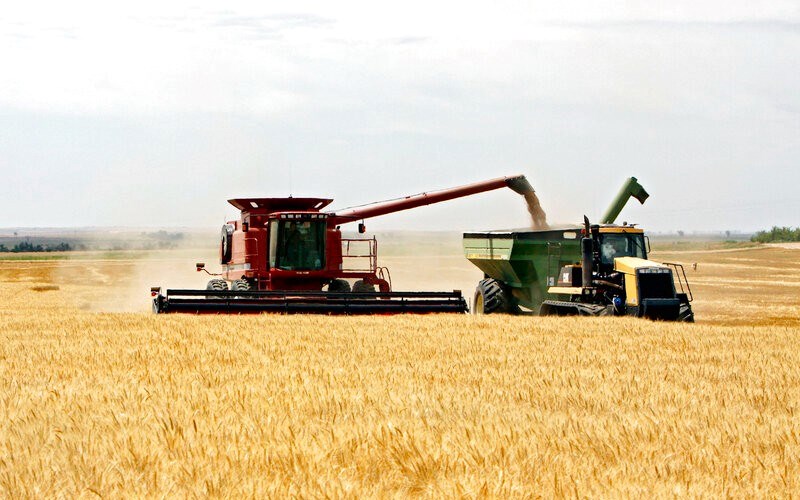"When we look at the global picture of wheat and fertilizer, I think we have to remember that both of these commodities are widely traded," says economist Veronica Nigh of American Farm Bureau Federation (AFBF).
She points out that Russia and Ukraine account for about 30% of the world's wheat exports.
"As this unfortunate situation in Ukraine continues to drag on or just continue, you start worrying about the ability for Ukraine and Russia to harvest their wheat that they planted last fall," says Nigh.

"That's what you are seeing in the global markets [where the] price for wheat has been increasing pretty significantly, and the U.S. wheat contract has bounced around a lot in the last month or so," she continues. "And that's the market trying to figure out whether … that wheat is ever going to make it to the market."
When it comes to fertilizer, Nigh says, Russia is a major exporter. "For a lot of the major components of fertilizer, [Russia is] either the top or the second- or third-largest exporter of fertilizer," she says. "Almost 44% of the world's fertilizer is traded – so, it's certainly a global market for those two commodities."
Nigh explains that the U.S. basically grows all of the wheat it needs; and even though the U.S. also produces quite a lot of fertilizer, she adds, it is expensive to produce – and even more expensive to store.
"It doesn't necessarily make sense in normal times for the U.S. to produce all of the fertilizer that it needs because we only use it for certain times of the year. So, the cost … would be significantly higher if we produced all the fertilizer that we needed for U.S. production," she says.
"If we produced it all in the U.S., again in normal circumstances, that would mean that U.S. fertilizer prices would be higher than the global price."
Thus, the reason America trades fertilizer globally: "To add additional revenue for farmers and to lower input costs in normal times," Nigh concludes.
Fox News reports that in addition to accounting for roughly a third of the world's wheat exports, Russia and Ukraine also account for one-fifth of its corn exports.







